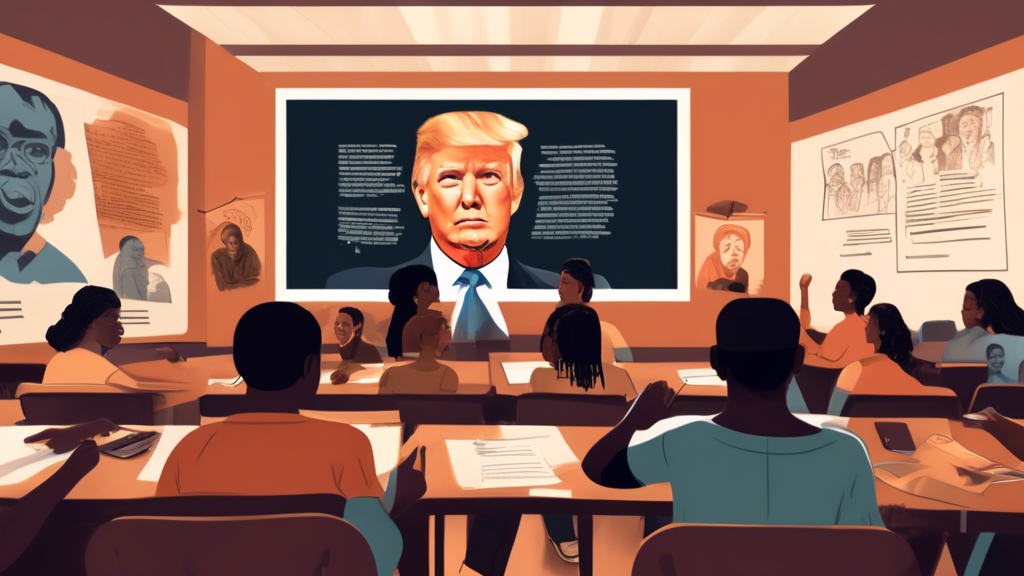
Election Interference: University of Arizona’s Required Anti-Racism Training Depicts Trump as an Example of Racial Superiority
The University of Arizona is facing scrutiny over its mandatory anti-racism training program, which has been criticized for its portrayal of former President Donald Trump as an embodiment of racial superiority. This characterization has sparked debate over the effectiveness and neutrality of educational efforts aimed at combating racism, raising concerns about potential political bias in such initiatives.
Portrayal of Trump
The anti-racism training at the University of Arizona explicitly links Trump and his political agenda to themes of white supremacy and racial superiority. Critics argue that this framing perpetuates a narrative that not only misrepresents Trump’s policies but also seeks to malign his supporters as racists. By depicting a former sitting president in this manner, the training program suggests an alignment between his leadership and the perpetuation of discriminatory ideologies.
Content of the Training
The training allegedly incorporates materials that reflect a politically charged view of Trump and his tenure, which detractors believe aligns more with indoctrination than with a sincere effort to educate about racism. Critics assert that the training fails to provide a comprehensive understanding of racism, focusing instead on vilifying specific political figures and their supporters.
Criticism of the Training
Opponents of the training program argue that it exemplifies a biased approach to anti-racism education, lacking the neutrality necessary for effective learning. By targeting specific individuals and ideologies, the program may undermine constructive dialogues essential for addressing systemic racism. Such critiques question whether the University of Arizona’s initiative can genuinely foster understanding and reconciliation, or if it merely serves as a platform for political agendas.
Implications
The implications of this training extend beyond the university setting, as it may inadvertently influence students’ perceptions of political candidates and important electoral issues. As the nation eyes the imminent elections, the perception of bias in educational frameworks could be seen as a form of election interference. Students, who are shaping their political beliefs during formative years, may be swayed by the narratives presented in such training, thus complicating their understanding of the political landscape.
Conclusion
In summary, the controversy surrounding the University of Arizona’s anti-racism training highlights significant concerns regarding political bias in educational efforts to combat racism. By portraying Donald Trump as a symbol of racial superiority, the program risks miseducating students and detracting from the broader goal of fostering genuine dialogue on race and equality. As educational institutions increasingly engage in discussions about race, the challenge remains to develop programs that prioritize impartial education over political agendas.
